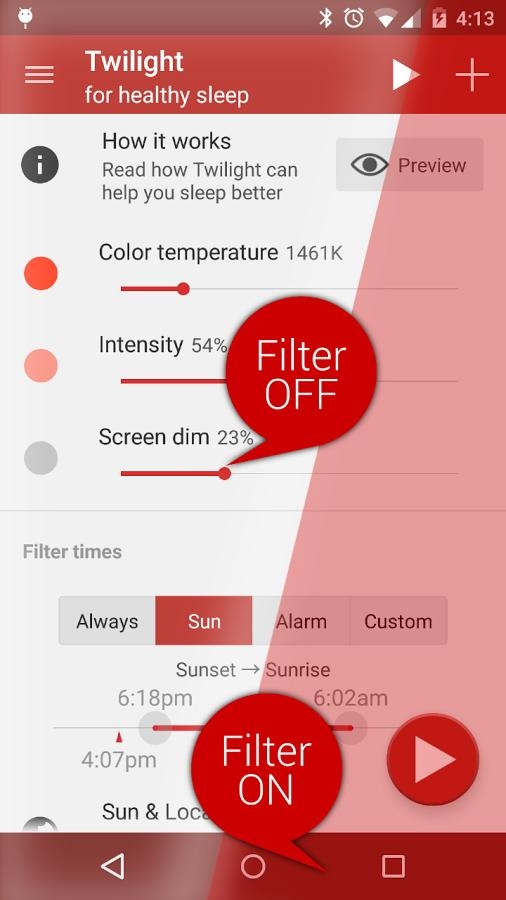Sleep and technology
Technology can be good for our sleep and bad for our sleep, but how can it be both at the same time?
How is technology bad for our sleep?
WebMD explains why using phones before or in bed is bad:
Our brains: “As your brain revs up, its electrical activity increases and neurons start to race…”
Our bodies: “The physical act of responding to a video game or even an email makes your body tense.”
The small amounts of light from these devices pass through the retina into a part of the hypothalamus (the area of the brain that controls several sleep activities) and delay the release of the sleep-inducing hormone, melatonin.
Wow! Now what this means is that technology makes it harder to get to sleep in the first place. In addition, if you continue to train your brain to be awake late, it will begin to hardwire itself to that time. So if you’re constantly going to bed at midnight, 2am or other late hours, you’ll have a much harder time falling asleep earlier. Now, because you check Facebook notifications late at night, you have impact from “delayed sleep phase syndrome”. Were the Likes worth it?
How can technology help our sleep?
Sleep cycles. They can either be our worst enemy or best friend; to wake up in a proper sleep cycle is divine. There are various devices that purport to measure your sleep cycles and wake you up at the ideal time, and even several iPhone apps to do it. While what device or app works best for this is outside the scope of this article, technology-aided sleep cycles are possible, and they make getting up much easier. When you stop gambling that you’ll wake up in between cycles, your morning becomes something wonderful instead of something to dread.
One idea that I’ve run across is that waking up with the sun is highly beneficial to actually getting up, but while this works in certain parts of the world, not so much here in Scotland. So what do we do during the eight months of the year that this is not ideal? A really neat write-up at Gizmodo talks about an alarm/light, which slowly lights up your room before triggering beeps to wake you up. The author of the article gives a wonderful testimony of how this works for her, and now with the brightening sun (around the time I’m waking up) here in Scotland I can definitely see that this could work.

Blue light. Digital Trends has reported on the idea that the blue light from our devices can affect our sleep. Blue light inhibits melatonin production in our bodies, i.e. the stuff that makes us tired. But with apps like Twilight for Android or f.lux for iOS, OSX and Windows, you can mitigate much of the blue light in the hours you want to be falling asleep. They both transition your device colours away from blue to warmer colours, allowing your body to get tired naturally. Several of the DCT team members use this, and we agree that it helps getting to sleep at night.
Conclusion
I hope that you have a better idea of the impact technology can have on your sleep, whether for good or for ill. Even if you don’t want to spring for a new alarm clock with a built-in light (or perhaps the idea of a device watching you as you sleep is disconcerting), I hope that a better understanding of late night device usage helps to improve sleep anyhow. Getting a good night of rest does wonders for your mind – let’s try to make that a more consistent thing!